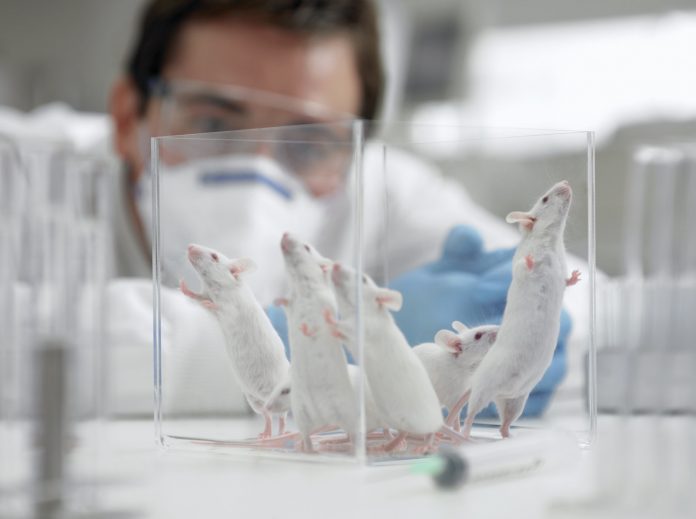A diet containing compounds found in green tea and carrots reversed Alzheimer’s-like symptoms in mice genetically programmed to develop the disease, USC researchers say.
Combination therapy proves best for Alzheimer’s disease
A diet containing compounds found in green tea, carrots and several other plant sources has successfully reversed Alzheimer’s-like symptoms in mice.
Although it’s true that studies using mice don’t always render relevant results for human beings, the discovery could open some minds as to investing in more research for finding potential plant-based treatments that offer protection against dementia in humans, the researchers based at the University of Southern California say.
The study also supports the idea that a combination of therapies, rather than a single magic bullet, may be the best way to treat Alzheimer’s disease. Combination treatment isn’t anything novel, given that it’s already used for several disease such as cancer, HIV infection and rheumatoid arthritis.
“You don’t have to wait 10 to 12 years for a designer drug to make it to market; you can make these dietary changes today,” said senior author Terrence Town, a professor of physiology and neuroscience at the Keck School of Medicine of USC’s Zilkha Neurogenetic Institute. “I find that very encouraging.”
For this Alzheimer treatments study, the researchers took a look at two compounds, EGCG, or epigallocatechin-3-gallate, a key ingredient in green tea, and FA, or ferulic acid, which is found in tomatoes, carrots, rice, wheat and oats.
The team genetically programmed 32 mice to develop Alzheimer’s-like symptoms and randomly split them into four groups each containing an equal number of healthy mice. For the next three months they fed the mice on a diet of epigallocatechin-3-gallate, or EGCG , a key ingredient in green tea, ferulic acid, or FA, which is found in carrots and tomatoes, a combination of both, or a placebo.
They put the mice, both before and after the diet, through their paces in a series of neuropsychological tests similar to the thinking and memory tests used to assess dementia in humans. One of these tests included was a Y-shaped maze designed to test a mouse’s spatial working memory – a skill that humans use to find their way out of a building. Healthy mice instinctively explore each arm of the Y maze, looking for food or a route to escape and entering the three arms in order.
Before the special diet, the mice genetically programmed to have Alzheimer’s-like symptoms struggled with this task. But after the diet they were able to perform as well as their mentally healthy counterparts.
“After three months, combination treatment completely restored working memory,” Prof Town said.
How did the Alzheimer treatment on mice actually work?
Town says one mechanism appeared to be the substances’ ability to prevent amyloid precursor proteins from breaking up into the smaller proteins called amyloid beta that gum up Alzheimer patients’ brains. In addition, the compounds appeared to reduce neuroinflammation and oxidative stress in the brain – key aspects of Alzheimer’s pathology in humans.
Plant based dietary choices are easier to be used as disease remedies
Although the team of specialists believes and stresses the fact that the discovery in mice might not be able to be replicated when it comes to actual Alzheimer affected people, the research could lead to plant-based supplements being used to slow down dementia symptoms
Town said he and his lab will continue exploring combination treatment, with a focus on plant-derived substances that inhibit production of the sticky amyloid beta plaques.
Previous Alzheimer’s treatments have been applied, but they’ve been proven to be a lot more complicated that integrating certain food into your diet. By injecting mice with bits of antisense oligonucleotides – RNA – four times a month, tau levels dropped, existing tangles were seemingly obliterated and the protein stopped spreading through the brains of older mice.
Results showed that the treated mice lived some 50 days longer than those that weren’t injected with the antisense. More than that, compared to the control group, they were able to recall nest-making traits previously lost.










